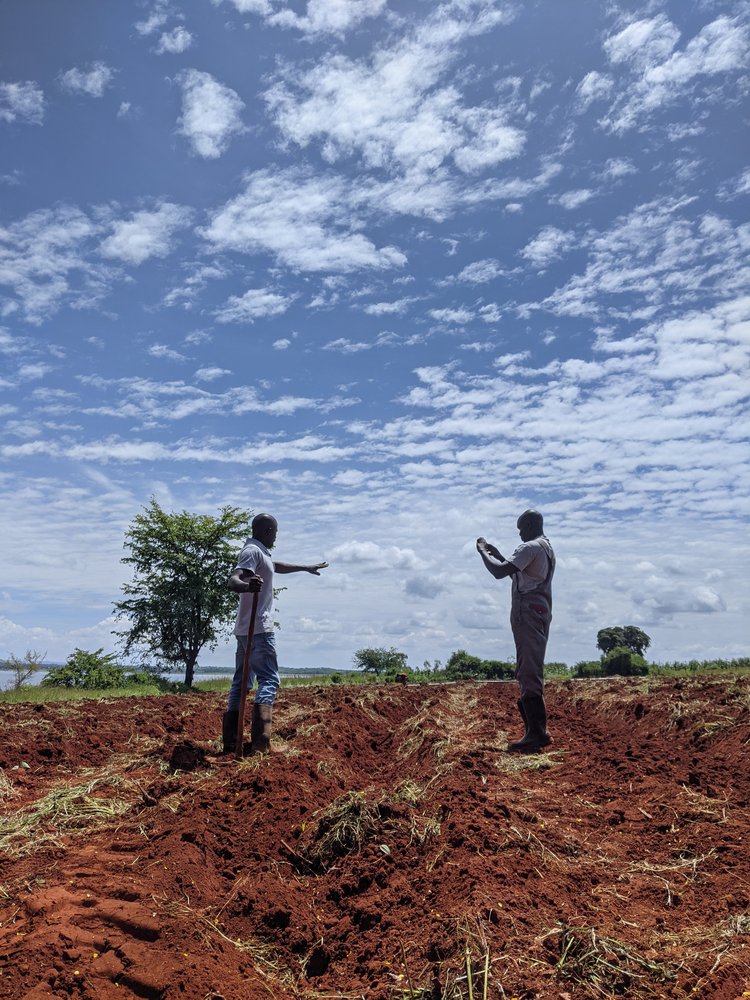Research reveals an urgent need for digital “accidental marketplaces” to evolve into safer and more inclusive environments.
Leading research and advisory firm, Caribou Digital, proudly announces the release of its latest publication, The Platform Livelihoods Project, a pioneering collection of studies on pervasive digital marketplaces, some conducted in partnership with the Mastercard Foundation and others with the support of the Bill & Melinda Gates Foundation. The study examines the sprawling digital economy and highlights the urgent need for a safer, more inclusive environment. It advocates for policymakers, companies, and other players in the ecosystem to leverage the study to drive investment into the future of the digital workplace, essential for the millions dependent on it for their livelihoods.
The groundbreaking and conceptual research explores the experiences of over 700 people across Ghana, Kenya, Uganda, Nigeria, and Indonesia and the multifaceted nature of how they earn a living online as workers and sellers on platforms.
The “platform livelihoods lens,” is a novel perspective built upon decades of developmental research insights on digital inclusion, gender inclusion, work, and livelihoods. This innovative framework emphasises the scale of people depending on platforms for income and therefore explores beyond “gig work”. “Platform livelihoods” are defined by ways in which people earn a living by working, trading, renting or creating in digital marketplaces – a sector projected to reach $72 billion in Africa by 2026.

Jonathan Donner, Senior Director for Research at Caribou Digital said “This book stands as a testament to the collaborative efforts of an incredible array of contributors. Taking place over four years – hundreds of participants, dozens of researchers, organisations, and foundation partners united for an astounding research project, offering insights into the experiences of millions across Africa and Indonesia earning a living on digital platforms. Studies on platformisation frequently fail to address the impact on the day-to-day experiences and livelihoods of Africans who rely on these digital ecosystems, across formal and informal sectors alike. The research shows there is huge potential for sustainable livelihoods with collective efforts to create inclusive, safe, and dignified digital environments. Our hope is for this book to help catalyse that change.”
The findings reveal the personal accounts of marginalised groups such as women and people with disabilities, who navigate significant barriers in leveraging digital platforms for livelihood opportunities. In the interviews conducted, women from Ghana, Kenya and Nigeria shared the obstacles they encountered, which included harassment, pay disparities, and access to essential resources like devices and bank accounts. Young men and women with disabilities discussed challenges with the user experience such as a lack of screen-reading technology for the visually impaired, inhibiting full participation.
One study in the volume highlights the emergence of social agriculture, a term which describes how farmers use social media as a source of revenue by selling information and produce on various platforms. It estimates that in Kenya, more people utilise Meta (Facebook) for agriculture than all dedicated agricultural platforms in the region. These social platforms host marketing, information exchange, and social support. In a small survey, 52% of participants surveyed indicated buying information and 27% reported selling produce, advice and/or services on social media. The top three social media platforms used for agriculture in Kenya according to the findings are Facebook (62%), YouTube (16.15%), and WhatsApp (13.35%). Only ~3% preferred the dedicated agriculture platform WeFarm.
Tade Aina, Chief Impact and Research Officer at Mastercard Foundation said, “This publication opens a window into the lived digital experiences of young people, enabling us to leverage these insights to co-create programs that align with their aspirations. It also calls on stakeholders to partner in strengthening the digital economy ecosystem to foster safe, reliable and inclusive economic growth. These efforts inform our Young Africa Works strategy, which seeks to enable 30 million young people to access dignified and fulfilling work by 2030, with a particular focus on young women, persons with disabilities, refugees and the forcibly displaced.”
Brooke Patterson, Indonesia Country Lead, Inclusive Financial Systems at Bill & Melinda Gates Foundation added “The Gates Foundation, like so many, is eager to understand how digital platforms are not only changing economies but changing the lives of women, those experiencing poverty, and rural communities. This book will help us to better understand these impacts and to guide our work across development domains as platforms increasingly intersect with the lives and livelihoods of those we serve.”
The Platform Livelihoods Project stands as the foremost exploration of how Africans and Indonesians are shaping regional labour markets through digital platforms. One study in the volume estimates that 1 in 5 people of working age in Indonesia relies on a platform for at least part of their livelihood.
The research draws upon the collaborative efforts of a network comprising 40 researchers and practitioners from esteemed institutions worldwide, including inABLE, Qhala, the Georgia Institute of Technology, the University of Lagos Business School, the University of Ghana, Kilimo Source, and Habitus Insight. Through this vast network of insights, the project aims to shape the discourse on digital transformation in Africa and across the globe, spotlighting the collective action required to foster more inclusive, dignified, and empowering platform livelihoods.
